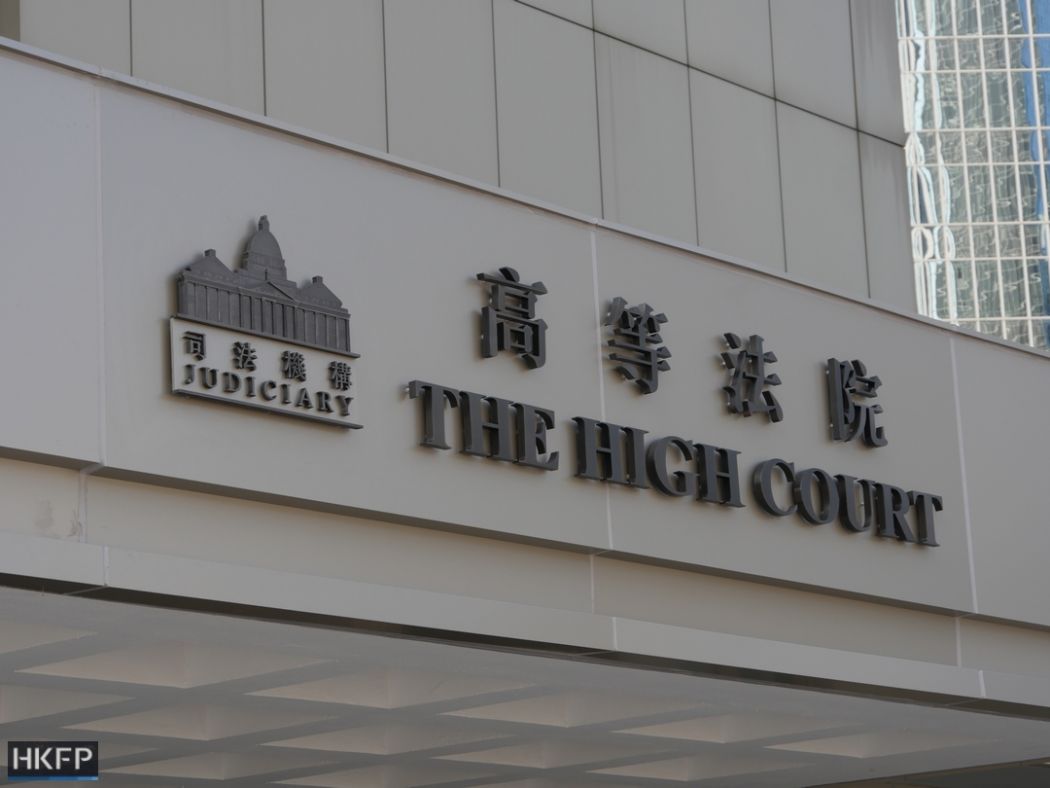You remember that procedure for handling police complaints which was repeatedly and vigorously proffered as a perfectly satisfactory alternative to a proper public inquiry into the policing of recent disorders?
Well, however keen you may be on the Independent Police Complaints Council you probably did not realise that more than half of complaints about police matters never reach it.

This is the import of a story in the Hong Kong Free Press about the outcome of two of the most famous complaints: the one about a police person throwing a litter bin at protesters from a Wanchai footbridge, and the one concerning a police motorcyclist who repeatedly aimed his speeding machine at protesters. In both cases, there is video evidence.
It has been decided, we were told, that both complaints were “outside the purview of IPCC”. This means the IPCC does not consider them at all. And these are not the only ones.
Complaints to the police are placed in two categories. Some are “reportable” and some are “notifiable”. If they are reportable they get the full IPCC treatment, such as it is. The council gets a detailed report on the investigation by the Complaints Against Police Office (part of the Force, alas, but there we are) including its conclusions and recommendations. The IPCC can reject the report and ask for further inquiries or actions.

If the complaint is classified as notifiable, on the other hand, this is a polite way of saying it has been consigned without ceremony to the nearest wastepaper basket. The IPCC is told that it exists, but nothing more.
Since the beginning of major social events six months ago there have been 1,639 complaints of various kinds about the handling of the protests. Of these 1,338 – more than 60 per cent – were classified as notifiable. May they rest in peace.
It seems – there is some mystery about this because even the IPCC is not told why a case had been classified one way or the other – that the problem lies in the IPCC Ordinance, which says that a complaint must be reportable if it has certain characteristics, which include the complaint coming from the injured victim of the alleged abuse.
The ordinance does not say that the complaint must not be reportable if it does not come from the alleged victim, but that is apparently the interpretation which the police put on this part of the ordinance.
So if you had been standing on a footbridge with a Bishop, a High Court Judge and the chairman of the UN Human Rights Committee, and you had all seen and filmed the motorcycle incident, your complaint would still as it were “fall stillborn from the press,” another reminder that “many a flower is born to blush unseen”. Nothing would come of it.
For the victim, as a former IPCC member put it, there is a fear that “lodging a complaint against the force would have repercussions, such as being charged for taking part in an unlawful assembly.”

The former member, Eric Cheng, inferred that for this reason many cases “were unreported or not followed up”. And so “This reflects the system used in monitoring the police is not adequate in responding to current situations.”
No doubt the thought of “repercussions” does bother some people. A more universal deterrent to potential complainers may be the copious evidence of history, both recent and ancient, that your chances of seeing any meaningful result from a complaint put through this machinery are roughly on a par with your chances of winning the Mark Six.
I realise that some people believe the conduct of the police during the recent disturbances was laudable, and many more no doubt take the more realistic position that it was no worse than you might expect in the circumstances.
But to stand up in public and say that there were no cases of abuse at all requires a measure of wilful self-deception of which an ostrich would be ashamed, though our Chief Executive manages it. See a collection of interesting videos here. Not all forgeries, surely?
The fact is that it would be better for everyone concerned, including the police force itself, if there was a mechanism which commanded public trust to deal with cases of apparent or possible abuse. All we have at the moment is a rather elaborate and expensive way of ensuring that the vast majority of complaints, whether justified or not, are painlessly euthanised.
